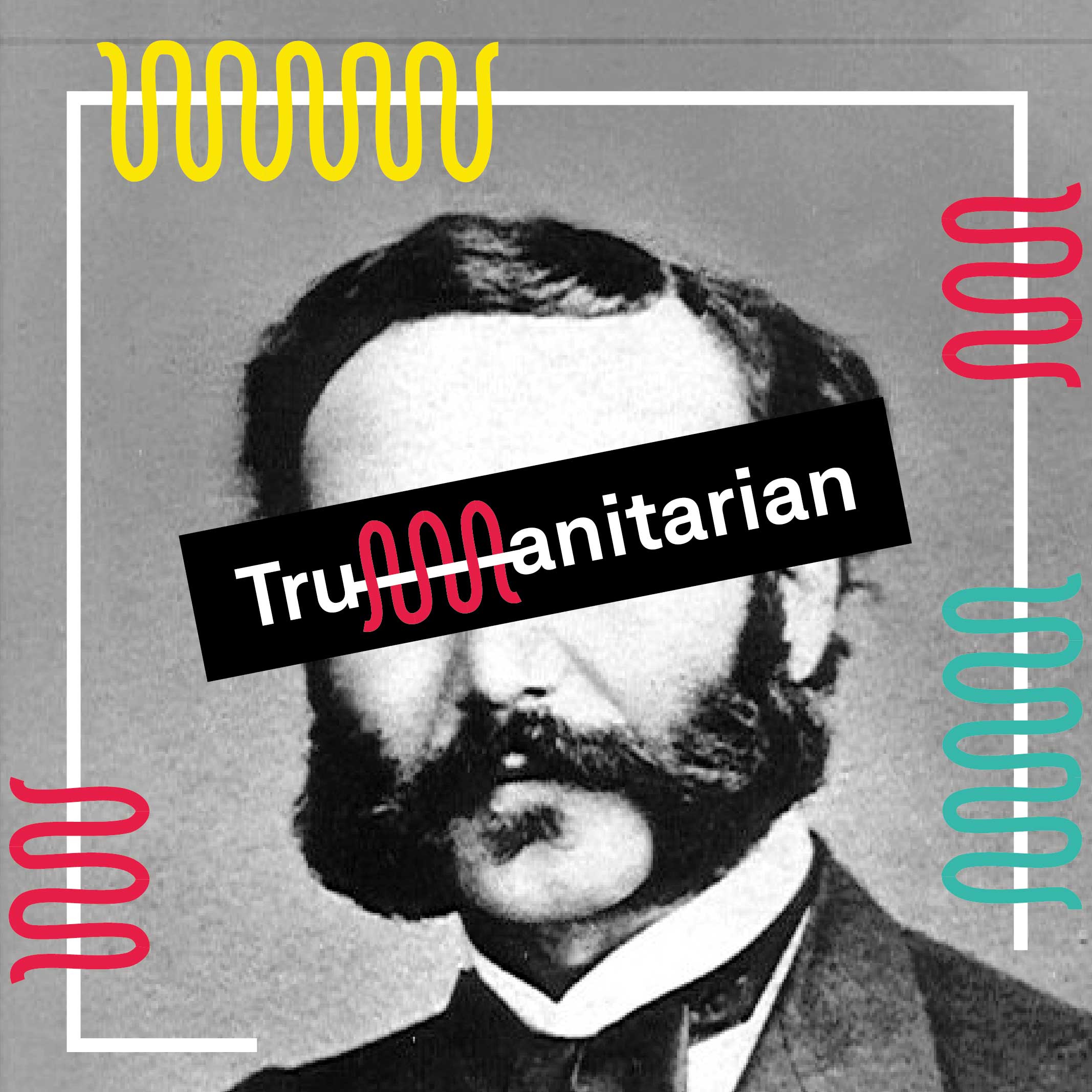

Trumanitarian
Trumanitarian
If you are passionate about all things humanitarian and you are looking for new answers, you will enjoy listening to Trumanitarian's smart, honest conversations
Episodes
Mentioned books

Feb 19, 2021 • 38min
13. 42 Degrees
Lana Woolf from Edgeeffect.org joins Lars Peter Nissen to discuss how to create a more inclusive humanitarian sector for LGTBQI+ people affected by crisis.

Feb 12, 2021 • 41min
12. Humanitarian Goldfish
Jacob Kurtzer, the Interim Director and Senior Fellow, Humanitarian Agenda at the Center for Strategic International Studies (CSIS) on the humanitarian policy of the Biden administration.

Dec 31, 2020 • 23min
11. Cycles of Outsiders
The Zimbabwean rapper Sibo made the theme song for Trumanitarian. In this episode we talk about growing up inside and outside Zimbabwe, being privileged in a struggling country, freedom of expression, the role of the aid industrial complex and much more.You can find Sibo on Spotify: https://open.spotify.com/artist/58pKTxUMVHOHmpIQQ8hrgH?si=ErvymC84QjOR6MoViXCM3g

Nov 13, 2020 • 46min
10. Trust Me
Academics know a lot about the things we always get wrong when facing a crisis. However, we seem to be incapable of solving these problems. Why is that and is there nothing we can do? Christian Uhr is an associate professor at Lund University and studies emergency and disaster management.

Oct 30, 2020 • 47min
9. Against the Stream
The START network is one of the most ambitious and interesting attempts at changing the system in recent times. The Network strives to positively disrupt humanitarian action by developing a new humanitarian economy, shifting power to the edges of the system, and by convening a broad coalition of humanitarian actors from across the worldThis week's guest on Trumanitarian is Sean Lowrie the founder of the network. He tells the story of how the idea was conceived, what it took to get it off the ground and to what extend he feels like START has achieved sustainable change to the system.

Oct 23, 2020 • 54min
8. Needology
Humanitarians say that they will base their interventions on needs. But how do you define needs? And how do standards and methodologies influence the way we think about humanitarian action?These are some of issues Joël Glasman and Lars Peter Nissen unpack in this episode. Joël is a historian and has written the book Humanitarianism and the Quantification of Human Needs: Minimal Humanity.

Oct 16, 2020 • 40min
7. Worldwide Tribe
Refugees and immigrants are confronted with prejudism and negative publicity. The Worldwide Tribe has set out to count this by telling positive and personal stories about people on the move. The Tribe is a fascinating new type of humanitarian organisation that brings a different and powerful skillset to the table.Jasmin (Jaz) O'Hara is the founder of the tribe and in this episode she tells a powerful story about how she came up with the idea and how it is to be humanitarian influencer.You can find the tribe on www.worldwidetribe.com and follow it on instagram @theworldwidetribe.

Oct 9, 2020 • 40min
6. Six Years and a Flood
The travel industry, just like the humanitarian industry, provides everything a person on the move needs. It is also one of the largest industries in the world with a turnover many thousand times that of the humanitarian industry. Gopinath Parayil wants to dual-purpose the assets of the travel industry for humanitarian response during climate-related disasters, thereby contributing towards creating more resilient communities.

Oct 2, 2020 • 34min
5. Ask the Crowd
Crowdsourcing can play a powerful role during assessment of crisis. During the 2015 Kathmandu Earthquake www.kathmandulivinglabs.org (KLL) played a pivotal role in collecting data from across the affected area and making it available to decision-makers.In this episode Nama Budhathoki, the founder and Executive Chairman of KLL, discusses the role that information and technology can play in shaping the humanitarian narrative and about the business model underpinning a small innovative organization such as KLL.

Sep 25, 2020 • 29min
4. Precisely Wrong
This is a conversation about data. How we use and misuse it. How we often make decisions without it. What you do when you don't have data but need to make a decision. It is also a conversation about standards and whether they make us less brave.


